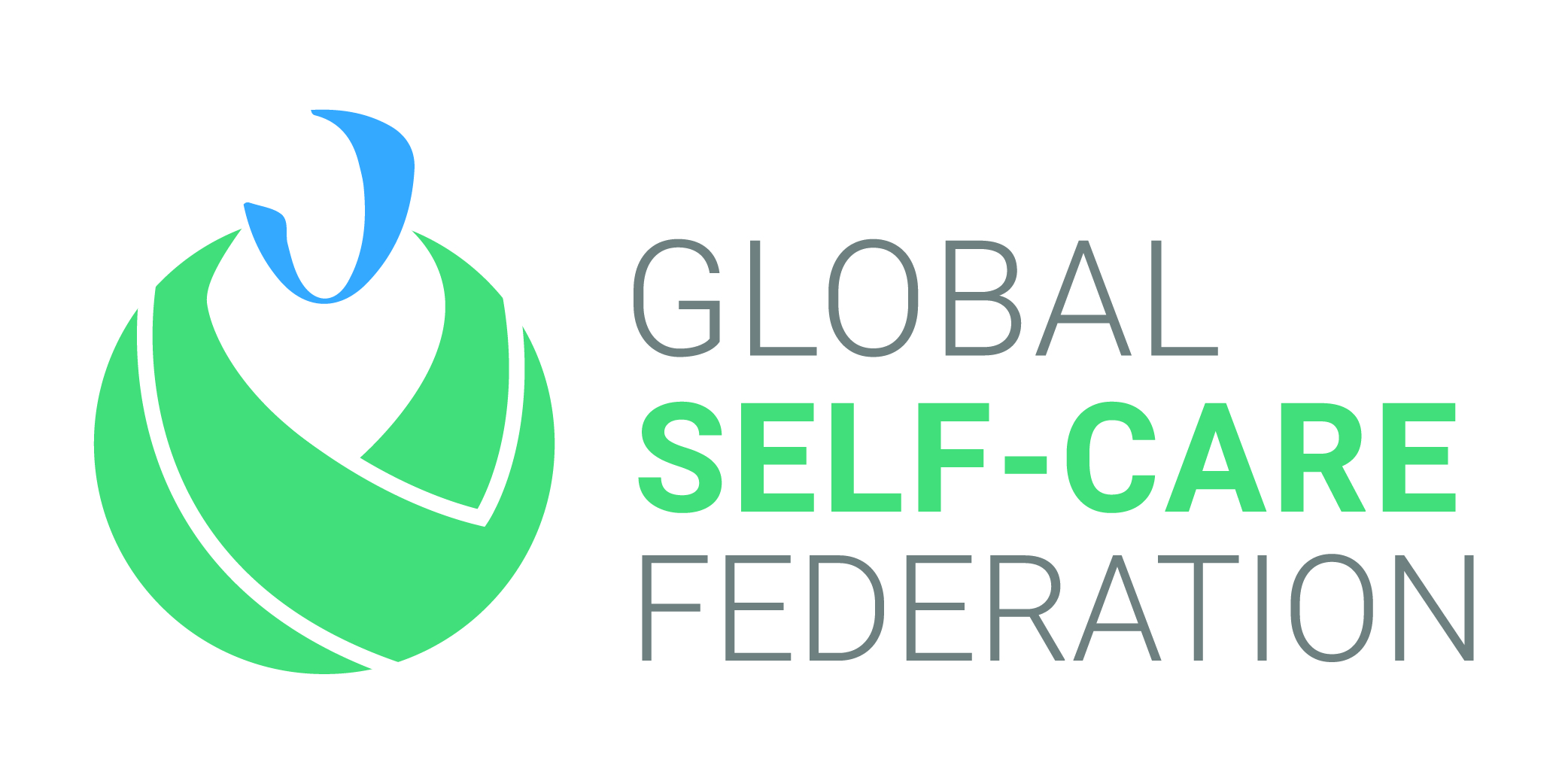WHA77 constituency statement on INB
On 28 May 2024, IFPMA, GSCF, GMTA, DVCMN, and BIO submitted a statement to the World Health Assembly on Provisional Agenda Item 13.4, Intergovernmental Negotiating Body to draft and negotiate a WHO convention, agreement or other international instrument on pandemic prevention, preparedness, and response.
The life-sciences industry is committed to a pandemic agreement that strengthens our ability to respond to the next pandemic, supports the research and development of the vaccines, treatments, and diagnostics we will need, and ensures equitable access to them.
The industry has committed to reserve an allocation of real-time production of vaccines, treatments, and diagnostics for priority populations in lower-income countries and take measures to make them available and affordable for future pandemics building on the COVID-19 response.
A successful pandemic agreement must be one that encourages as many companies with the right expertise and know-how as possible to develop the science and tools we will need to respond to the next pandemic. Scientists need rapid access to pathogens and data without conditions in order to quickly develop safe and effective countermeasures to save lives. Achieving equitable access to medical countermeasures requires a comprehensive solution and should not be based on linking access to pathogen samples and sequence data to benefit-sharing obligations. To that end, definitions for key terms of the WHO Pandemic Agreement must be based on clear science- and evidence-based criteria to support strengthened Pandemic Preparedness and Response and enable optimal industry engagement.
It is critical to preserve the innovation ecosystem and research incentives that were effective in the fight against COVID-19.
The pandemic agreement needs to strengthen, not weaken, the innovation ecosystem that is essential to pandemic preparedness and response. As we have said multiple times in the past, the agreement needs to preserve what worked well in the COVID-19 pandemic – the rapid access to pathogens and genetic sequence information and the innovation system delivering fast and on record scale – but it must also fix what did not work well: the equitable rollout of medical countermeasures.
We encourage further dialogue to arrive at a framework that strikes the right balance – ensuring maximum participation from the industry to enable scientific innovation and delivering equitable access. There is still time for pragmatism and realism to prevail in negotiations, and we remain committed to supporting a successful pandemic agreement.
a joint statement BY:




About IFPMA
IFPMA represents the innovative pharmaceutical industry at the international level, engaging in official relations with the United Nations and multilateral organizations. Our vision is to ensure that scientific progress translates into the next generation of medicines and vaccines that deliver a healthier future for people everywhere.
ifpma.org
To achieve this, we act as a trusted partner, bringing our members' expertise to champion pharmaceutical innovation, drive policy that supports the research, development, and delivery of health technologies, and create sustainable solutions that advance global health.



